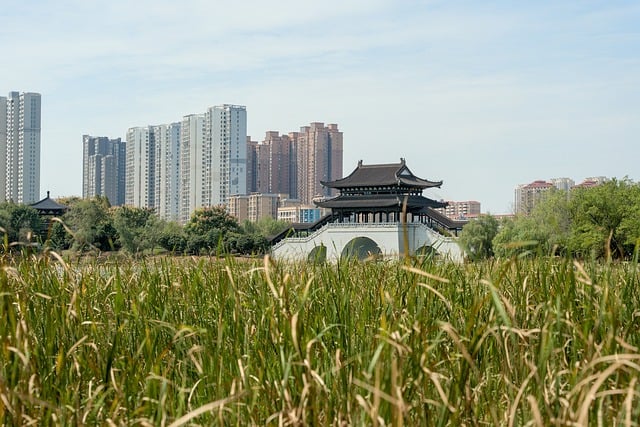As urbanization continues to reshape our cities, the importance of creating sustainable urban environments cannot be overstated. With the concrete jungle expanding at an alarming rate, it becomes crucial for communities to integrate eco-friendly practices into their everyday lives. One of the most effective ways to promote sustainable urbanization is through eco-friendly gardening.
Imagine stepping outside your front door to find a vibrant garden, bursting with life and color. These green spaces not only beautify our surroundings but also play a vital role in enhancing the urban ecosystem. By embracing sustainable gardening practices, we can connect with nature while actively contributing to our community’s well-being.
Eco-friendly gardening begins with the soil. Using organic compost instead of synthetic fertilizers enriches the earth, promotes healthy plant growth, and reduces harmful runoff. Additionally, plants like native species require less water and are better adapted to local climates, making them a wise choice for urban gardeners. These plants attract beneficial insects and birds, thus supporting biodiversity.
Moreover, community gardens serve as a powerful tool for fostering social interaction and collaboration among residents. Neighbors can come together to cultivate a shared space, nurturing not only the plants but also relationships. This sense of unity can lead to greater communal responsibility and awareness about environmental issues, further aiding sustainable urbanization efforts.
Incorporating rainwater harvesting and using drought-resistant plants are other effective practices that contribute to an eco-friendly gardening approach. These methods ensure that we are conserving precious water resources while promoting a healthier environment. Furthermore, reducing lawn areas and opting for edible landscaping can transform traditional urban layouts into functional, green spaces that provide food and beauty simultaneously.
Getting involved in eco-friendly gardening also allows individuals to play an active role in combating climate change. By reducing carbon footprints through plant photosynthesis and improving air quality, urban gardens can significantly influence local climates. Additionally, these green spaces can decrease temperatures in urban heat islands, promoting cooler environments that benefit everyone.
As we embrace these sustainable practices, we must also educate others about their importance. Hosting workshops on eco-friendly gardening techniques and sharing resources online can ignite interest and encourage more community members to join in. By fostering a culture of sustainability, we not only improve our immediate surroundings but contribute to a larger movement towards eco-conscious living.
In a world increasingly influenced by urbanization, incorporating eco-friendly gardening into our communities can be a breath of fresh air. It empowers individuals to take action in promoting sustainable urbanization while providing a sanctuary for nature amidst bustling city life. Embrace the green, cherish the eco, and cultivate a thriving community where both people and nature flourish.




